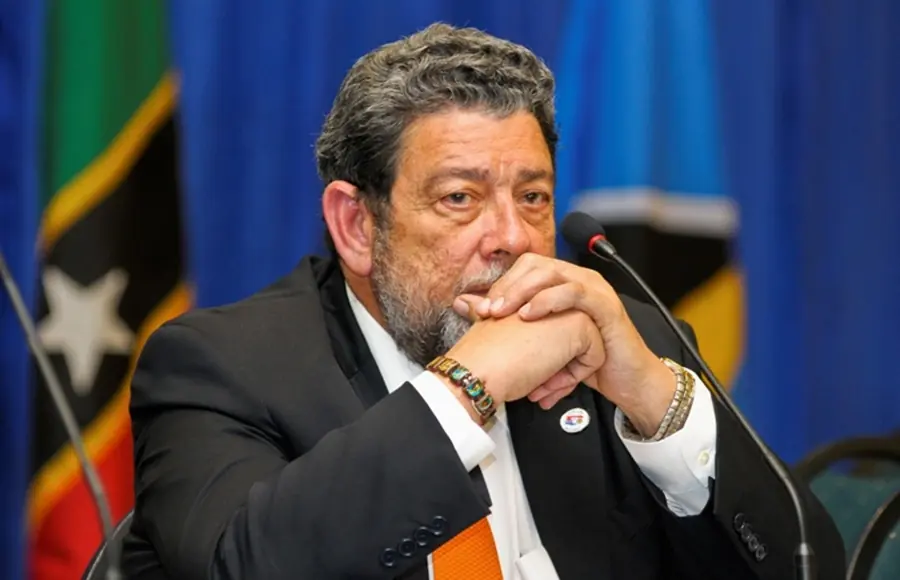In a bold statement that underscores growing regional tensions, St. Vincent’s Prime Minister Ralph Gonsalves has publicly criticized a recent U.S. military strike against a boat in Caribbean waters, declaring unequivocally, “We don’t like it.”
Speaking on state radio on September 3rd, Gonsalves, a long-standing ally of Venezuela, emphasized the CARICOM region’s commitment to maintaining a “zone of peace.” While acknowledging the importance of combating drug trafficking, the Prime Minister raised serious concerns about the method of intervention.
The U.S. military’s September 2nd strike, which reportedly targeted a Venezuelan gang allegedly transporting drugs, has drawn significant scrutiny.
Despite releasing a video of the operation, U.S. officials have provided limited details about the incident, leaving critical questions unanswered about the boat’s occupants and the specific nature of the alleged drug shipment.
Gonsalves articulated the region’s nuanced stance, stating, “We agree that we must fight drug pushers and traffickers, but not by ‘parading nuclear weapons'” – a pointed critique of what he perceives as disproportionate military intervention.
Experts have raised significant legal questions about the strike, noting that drug trafficking typically does not warrant summary execution. The conflicting statements from U.S. officials, including varying accounts of the boat’s intended destination, have further complicated the narrative.
The incident has reignited debates about presidential war powers, with critics arguing that such unilateral actions potentially exceed constitutional limitations on executive military intervention.
The strike occurs against a backdrop of heightened tensions between the United States and Venezuela. President Trump has accused Venezuelan President Nicolas Maduro of connections to the Tren de Aragua gang, allegations Maduro has consistently denied.
Gonsalves’ strong response reflects a broader Caribbean perspective that prioritizes diplomatic solutions.


